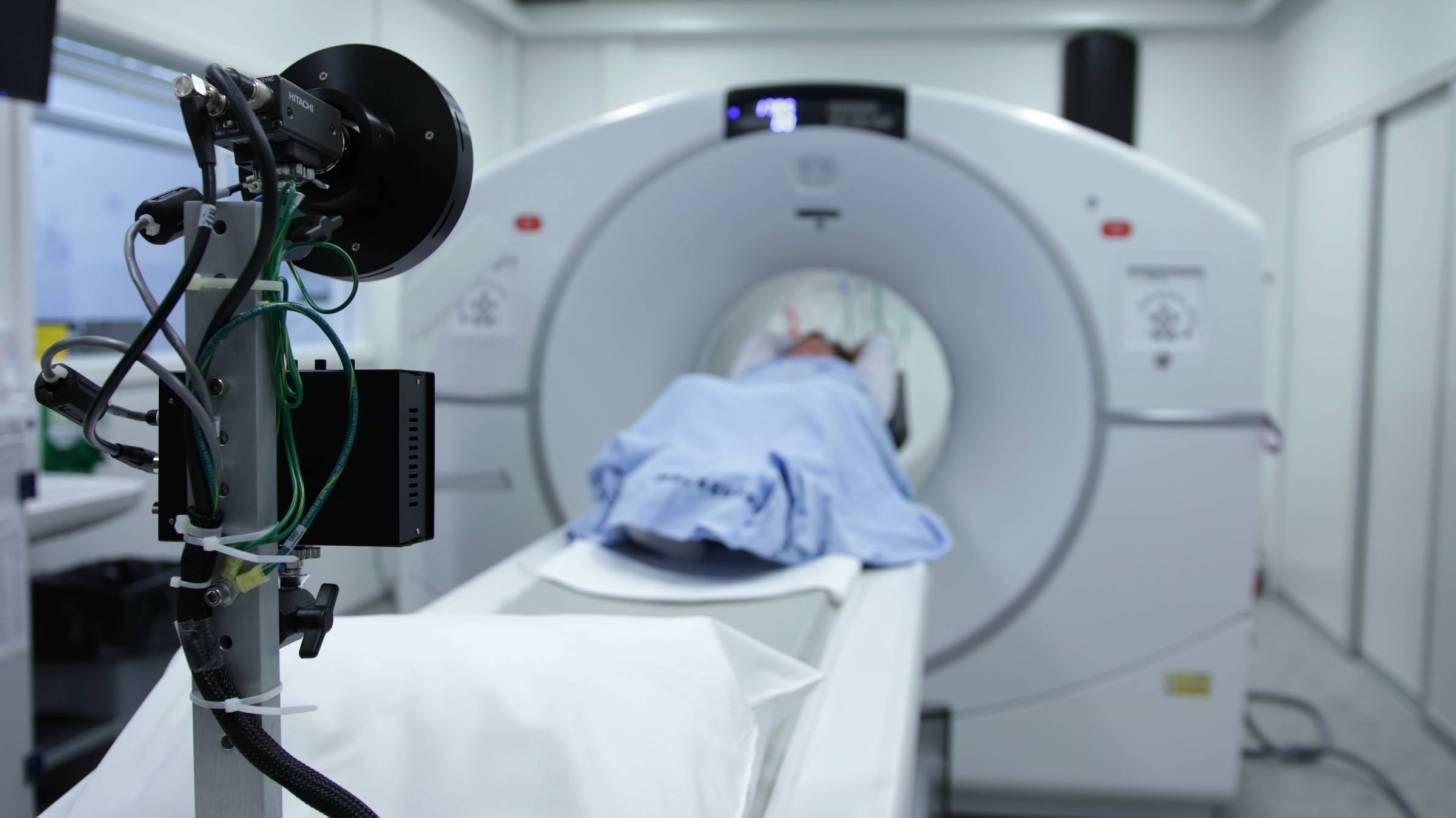Advanced Pancreatic Cancer Screening Not-Recommended

The U.S. Preventive Services Task Force (USPSTF) issued a negative ‘D’ recommendation against screening for pancreatic cancer in low-risk adults, with no signs or symptoms of this very lethal disease.
This USPSTF recommendation published on August 6, 2019, said ‘there currently are no accurate, validated biomarkers for early detection of pancreatic cancer.’
To formulate this new recommendation, the USPSTF reviewed the evidence on the benefits and harms of screening for pancreatic cancer, the diagnostic accuracy of screening tests for pancreatic cancer, and the benefits and harms of treatment of screen-detected or asymptomatic pancreatic cancer.
The USPSTF reaffirms its previous conclusion in 2004 ‘that the potential benefits of screening for pancreatic cancer in asymptomatic adults do not outweigh the potential harms.’
Regarding enhanced screening technologies, the USPSTF found no evidence on the accuracy of imaging-based screening tests (CT scan), magnetic resonance imaging (MRI), or endoscopic ultrasonography (EUS) for detecting pancreatic cancer.
Pancreatic cancer is an uncommon cancer with an age-adjusted annual incidence of 12.9 cases per 100 000 person-years. However, the death rate is 11.0 deaths per 100 000 person-years because the prognosis of pancreatic cancer is poor.
In 2019, an estimated 56,770 persons will be diagnosed with pancreatic cancer and 45,750 persons will die of the disease.
Although its incidence is low, pancreatic cancer is the 3rd most common cause of cancer death in the United States, says the Centers for Disease Control and Prevention (CDC)
Because of the increasing incidence of pancreatic cancer, along with improvements in early detection and treatment of other types of cancer, it is estimated that pancreatic cancer may soon become the 2nd-leading cause of cancer death in the United States.
While there are no preventive vaccines for pancreatic cancer available today, there are vaccine candidates.
In December 2018, researchers at the Johns Hopkins Kimmel Cancer Center discovered that when combining a cancer vaccine with 2 checkpoint drugs, pancreatic cancer tumors in mice were reduced.
The study showed by using an immune system booster vaccine called PancVAX, with checkpoint drugs derived from anti-PD-1 and agonist OX40 antibodies, pancreatic tumors had a better response to therapy, by converting T cell-poor tumors into tumors that are rich in specific T cells.
PancVAX activated a neoepitope-specific T cell repertoire within the tumor and caused transient tumor regression.
This combination demonstrated a possible pathway for the treatment of people with pancreatic cancers, whose response to standard immunotherapy has been poor.
Corresponding author Neeha Zaidi, M.D., an oncology fellow at the Sidney Kimmel Cancer Center, said in a press release, "The vaccine tunes in the signal of the tumor for therapy, and the checkpoint drugs amplify the signal to teach the immune system to go after the tumor."
Dr. Zaidi continued saying, "This framework is a personalized strategy to go after pancreatic and other nonimmunogenic cancers."
Additional information for the Sidney Kimmel Cancer Center pancreatic cancer study can be found here.
The US Preventive Services Task Force members include Douglas K. Owens, MD, MS; Karina W. Davidson, PhD, MASc; Alex H. Krist, MD, MPH; Michael J. Barry, MD; Michael Cabana, MD, MA, MPH; Aaron B. Caughey, MD, PhD; Susan J. Curry, PhD; Chyke A. Doubeni, MD, MPH; John W. Epling Jr, MD, MSEd; Martha Kubik, PhD, RN; C. Seth Landefeld, MD; Carol M. Mangione, MD, MSPH; Lori Pbert, PhD; Michael Silverstein, MD, MPH; Melissa A. Simon, MD, MPH; Chien-Wen Tseng, MD, MPH, MSEE; John B. Wong, MD. Corresponding Author: Douglas K. Owens, MD, MS, Stanford University, 616 Serra St, Encina Hall, Room C336, Stanford, CA 94305-6019 ([email protected])
Our Trust Standards: Medical Advisory Committee

























